Partners
Who are our partners?
Partly funded by the Netherlands Organization for Scientific research. An important aspect of NWA-ORC LOSS project is that we carry out the research within six designated work packages and collaborate with over 18 different partners. Partners include the Ministry of Infrastructure & Water Management, Ministry of the Interior & Kingdom relations, Rijkswaterstaat, Deltares Research Institute, TNO-Geological Survey of The Netherlands, Wageningen Environmental Research, Foundation for Applied Research STOWA, Hoogheemraadschap De Stichtse Rijnlanden, Water Authority Drents Overijsselse Delta, Province of Utrecht, Province of Zuid-Holland, Municipality of Gouda, Platform of Soft Soil Municipalities, Sweco, Tauw BV, and NAM.
Below is a description of all parties, which also reflects the wide range of potential users.
Main funding institute
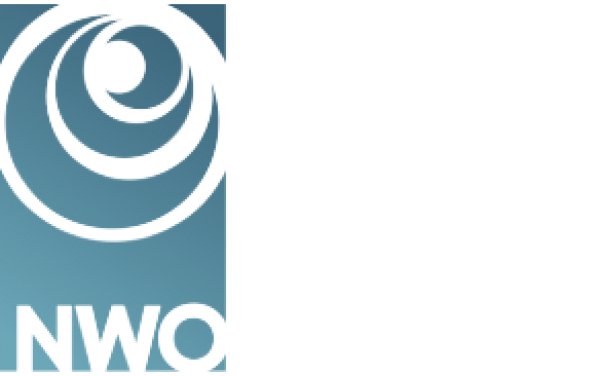
Government Organizations
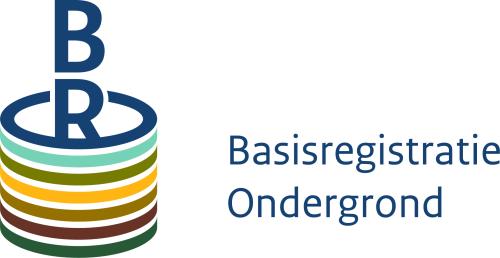
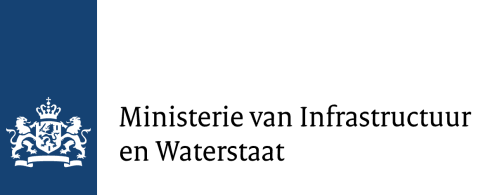
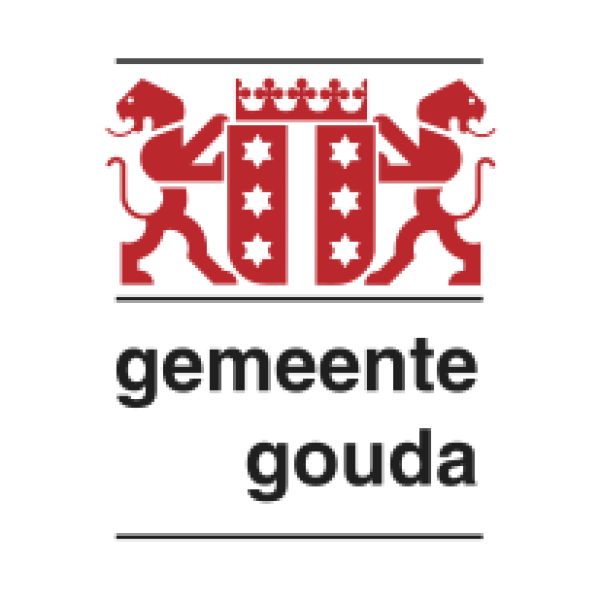

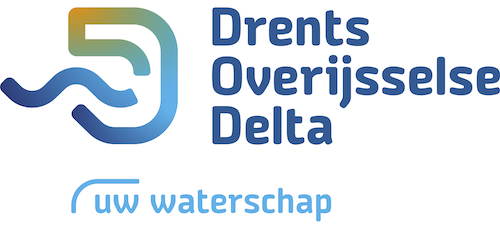
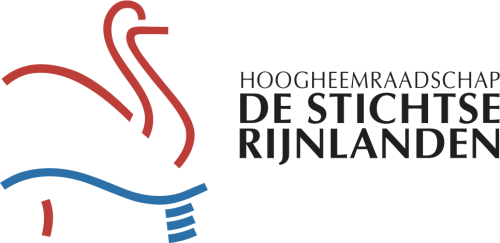

Universities
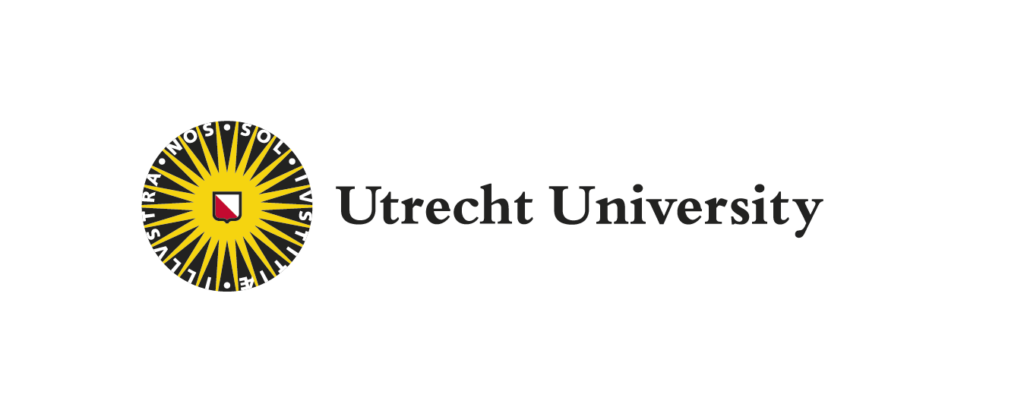
Utrecht University leads the LOSS consortium and three of its departments are involved in the research:
- Physical Geography (part of the faculty of Geosciences)
- Law (part of the faculty of Law, Economics and Governance)
- Biology (part of the faculty of Natural Sciences) Read more
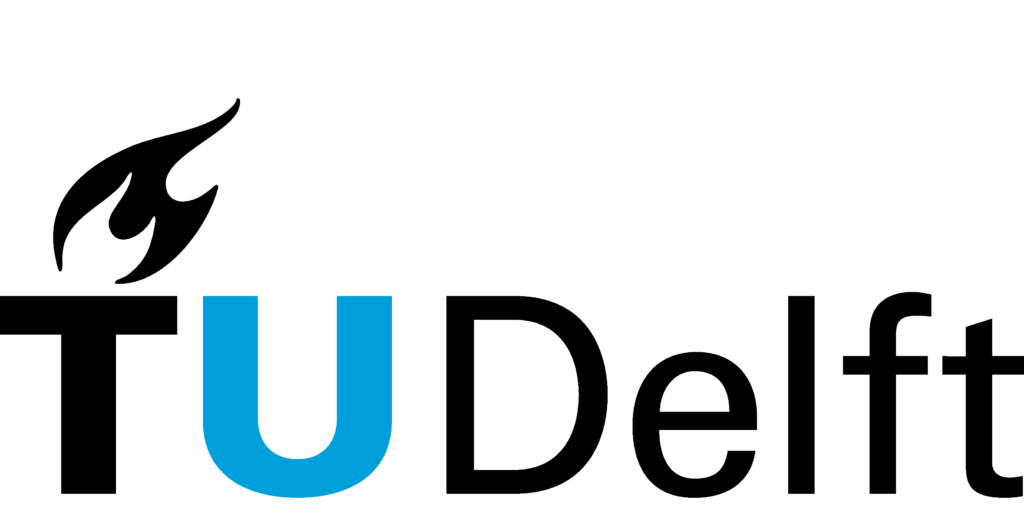
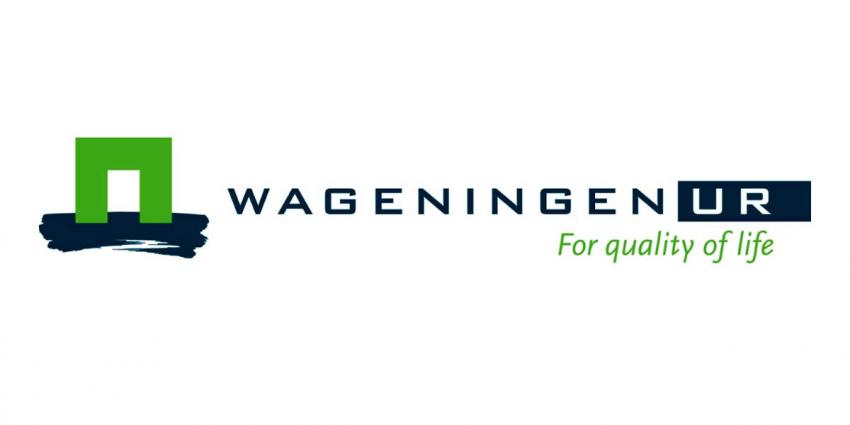
Research Institutes
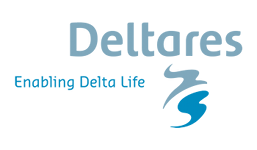
From the perspective of water, the subsurface and infrastructure, we will be working on four Mission Areas in which we set out our contributions to the international and Dutch agendas and tasks: Future deltas, Sustainable deltas, Safe deltas and Resilient infrastructure.
Managing densely populated and vulnerable areas is complex, which is why we work closely with governments, businesses, other research institutes, universities and NGO’s at home and abroad.
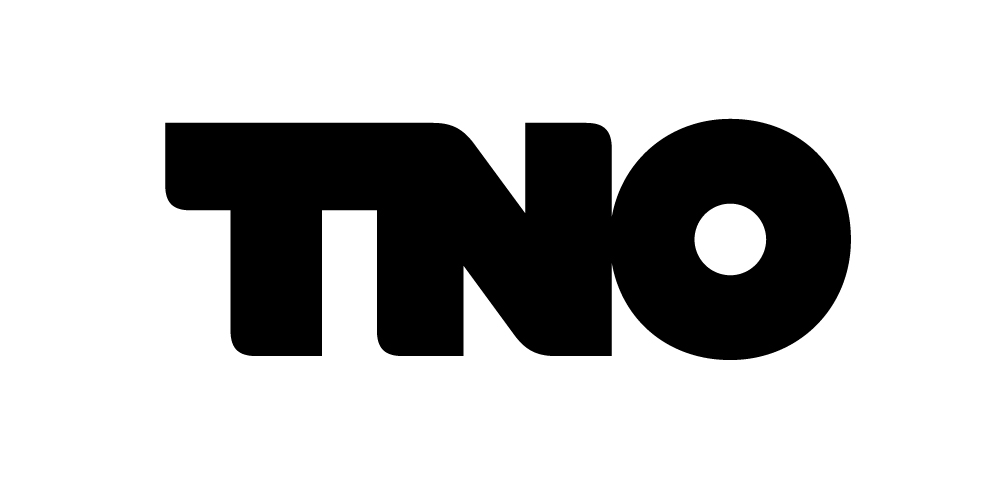


Businesses


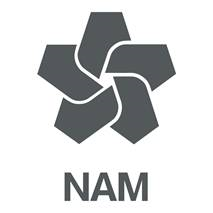
NAM is responsible for unlocking two of the Netherlands’ most important resources: gas and oil. NAM supplies 75% of the natural gas required by Dutch households and businesses. 93% of all Dutch households use natural gas. Natural gas accounts for 45% of all the energy that is used in the Netherlands.

